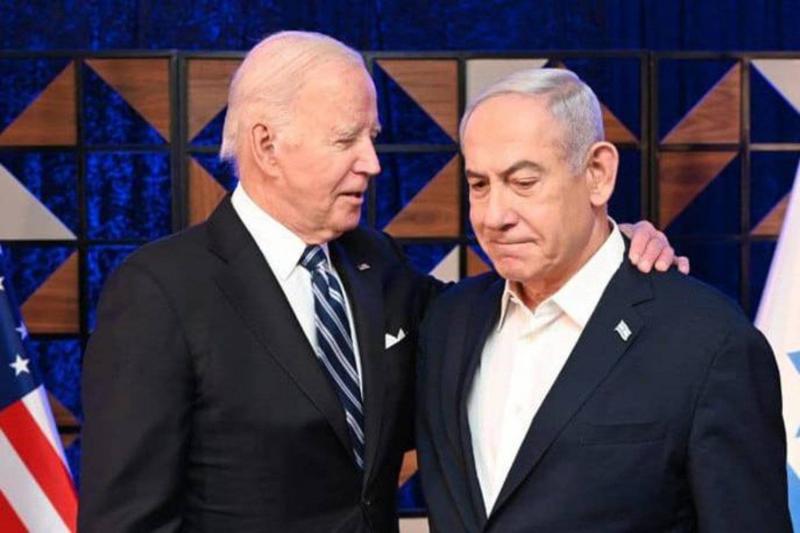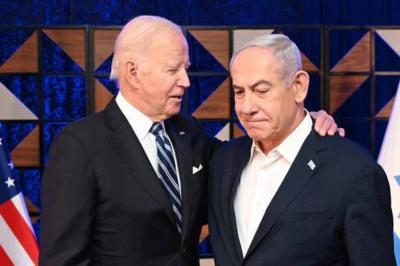The dispute between Washington and Israeli governments dates back to former President Barack Obama's administration.
With the change in U.S. policy toward Tehran since 2021, U.S.-Arab relations have become strained. Observers in Washington, as well as politicians and activists, have noted that the relationship between President Joe Biden's administration and Benjamin Netanyahu's government is far from satisfactory. Despite both leaders asserting that the relationship between their countries is strong and unshakeable, it appears they have reached an impasse in resolving their differences, particularly since the events of October 7, 2023. This disagreement seems to be not just between individuals or parties, but between two camps within the countries. Let’s summarize the situation and anticipate its developments.
**An Old Dispute Between Washington and the Likud Government**
The discord between Washington and Israeli governments, especially those led by the Likud party under Netanyahu, traces back to former President Obama’s presidency starting in 2009. Although there were differences during the 1990s between former President Bill Clinton's administration and the Likud party regarding settlements and Jerusalem, these differences did not lead to a political clash. However, since Netanyahu took office and with Obama in charge, the relationship has been shaky, specifically shifting to disagreements over the nuclear agreement that Obama's team initiated and which Netanyahu's team opposed. When former President Donald Trump entered the White House, U.S. policy shifted dramatically in favor of Israel, the Arab alliance, and against the Iranian regime, leading to a significant improvement in U.S.-Israeli relations. However, with the onset of Biden's administration—labeled by its critics as “Obama’s second term” —the disagreements have resurfaced.
**Core Issues of Disagreement**
Three core issues have ignited the rift between Biden and Netanyahu: the first is the two-state solution and the future of the Palestinians, the second is the nuclear agreement, and the third revolves around the question of "who is in charge?"—who decides the policy towards Iran? Does Washington dictate Western policy, including Israel’s, regarding Iran, or does Iran define its strategic security in relation to the "Islamic Republic"?
With the shift in U.S. policy toward Tehran since 2021, U.S.-Arab relations have soured, as noted previously, and U.S.-Israeli ties have also become unsettled. The rigidity of the Likud government regarding how Washington engages with Tehran, particularly the transfer of billions to the "Islamic Republic," has led to heightened tensions between the two allies.
**The Limits of Disagreement Aren't Ending Soon**
Yet, the historical and societal ties between Israel and America form basic natural limits that are hard for the governments of the two countries to surpass. Biden criticizes "Bibi," but he praises Israel robustly, while Netanyahu asserts that no one, not even Israel’s friends, can impose their will on the Jewish state. Public opinion in both countries echoes the same slogans: the relationship is a popular one, thus cultural, religious, and strategic.
However, an unconventional change in relations has come to light, manifested in unusual stances between the two leaders, especially since the onset of the Gaza war. We will address this and the future of the bridges between the United States and Israel in the following article.




